Beijing’s western anxiety: Afghanistan’s turmoil and Trump’s return to Bagram
Rising border violence and Trump’s push for a US foothold in Afghanistan are unsettling Beijing. As the region’s fault lines reopen, China’s western frontier could become a weak link in its global ambitions. Academic Alessandro Arduino examines the implications for China’s regional stability and strategic ambition.
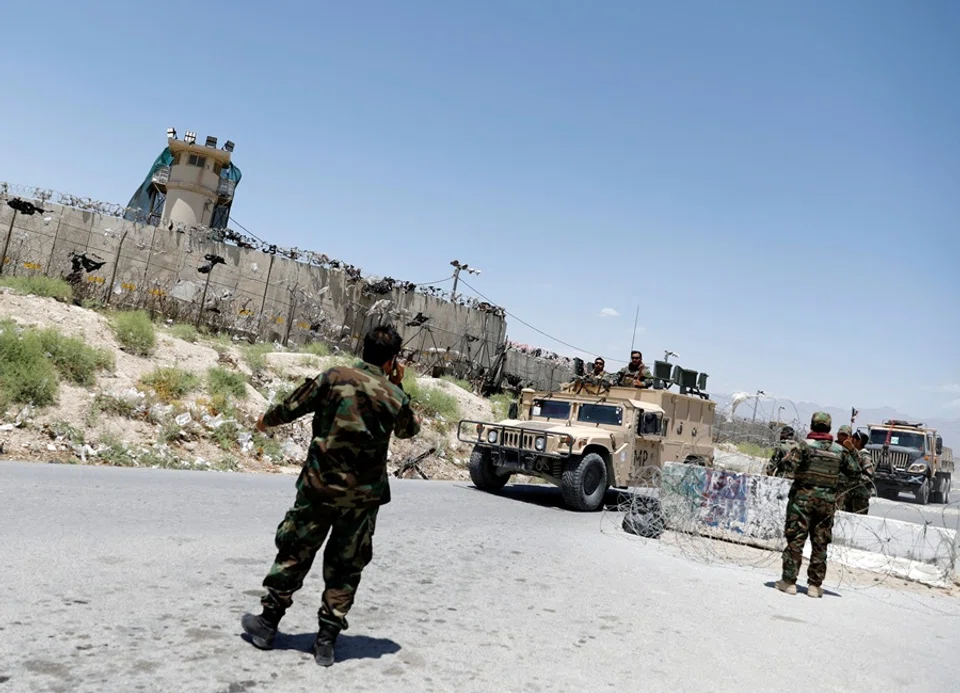
Beijing’s anxious western frontier is heating up once more. As President Trump reportedly seeks access to Afghanistan’s Bagram Airbase to “contain China” in Central and South Asia, it’s not Washington that keeps Chinese strategists awake at night; it’s the unravelling security landscape next door.
Violence along the Pakistan–Afghanistan border is escalating — not only in frequency, but also in intensity. The border skirmishes escalated from sporadic clashes to coordinated assaults, drone-targeted killings, and air raids.
Meanwhile, the 90-kilometre Wakhan Corridor separating China from Afghanistan poses little immediate threat due to its treacherous, high altitude and highly mined terrain. Yet, it stands as a stark reminder of Beijing’s uneasy proximity to a volatile region, one where instability could easily spill into Central Asia and Pakistan.
Since the start of 2025, Pakistan has experienced a 46% surge in violence, with more than 2,000 fatalities recorded in incidents ranging from terrorist attacks to counterterrorism operations...
Escalating tensions between Islamabad and the Taliban
Today, tensions between Islamabad and the Taliban, once united by shared security goals, are boiling over. Islamabad accuses Kabul of sheltering the Pakistani Taliban (TTP), blamed for years of attacks on Pakistani security forces, allegations the Taliban deny.
Pakistani and Afghan forces have exchanged deadly fire across multiple points along their volatile border, each side claiming to have captured and destroyed enemy outposts in one of the fiercest confrontations in recent years. The 11 October retaliatory strike by the Taliban claimed the lives of 58 Pakistani soldiers; it followed an alleged drone attack in Kabul that targeted TTP officials. In turn, Islamabad claimed its forces had killed over 200 armed Afghans in the latest skirmishes, underscoring just how quickly the frontier is sliding back toward open conflict.
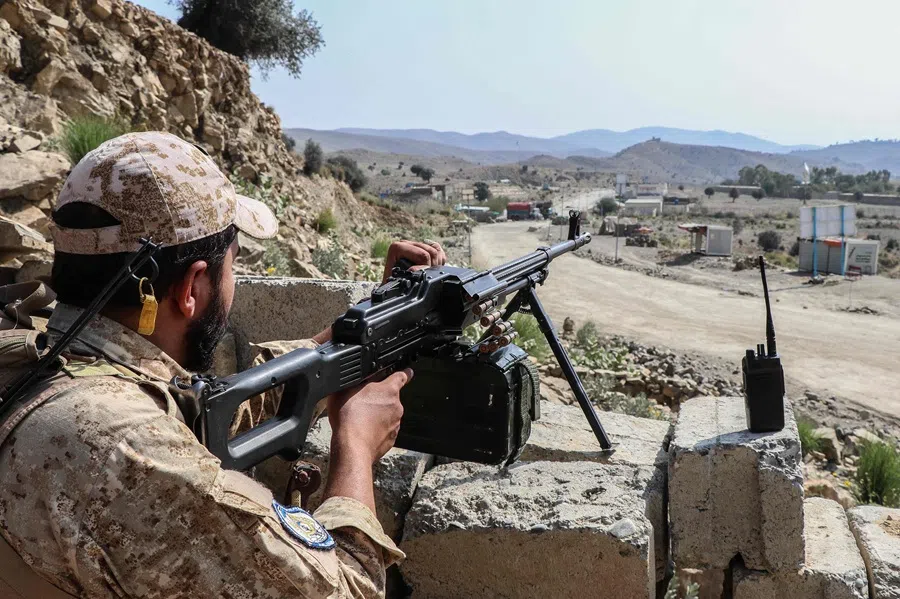
Since the start of 2025, Pakistan has experienced a 46% surge in violence, with more than 2,000 fatalities recorded in incidents ranging from terrorist attacks to counterterrorism operations, according to the Centre for Research and Security Studies, a Pakistani think tank.
Shifting diplomatic landscape
From a diplomatic standpoint, Moscow has formally recognised the Taliban government, while Beijing’s cautious acceptance of a Taliban ambassador reveals its strategy of ‘’balanced vagueness’’, a deliberate effort to engage without fully committing.
Trump’s latest social media outburst about Bagram Airbase, located 44 km north of Kabul and approximately 450 km from the Chinese border, was characteristically blunt...
The reason is clear: China’s $63 billion China-Pakistan Economic Corridor (CPEC) faces mounting threats from the TTP and other separatist movements such as the Baloch Liberation Army (BLA), which have repeatedly targeted Chinese workers in Pakistan’s south. The region is a central node to the Belt and Road initiative’s logistic ambition and stability from both sides of the border is of paramount importance for Zhongnanhai.
What began as a regional power play now threatens to spiral into a multi-front crisis, one capable of destabilising China’s entire western frontier. In this respect, the Islamic State Khorasan Province (ISKP) is reportedly recruiting Uyghur fighters from Syria and has placed Chinese interests and citizens in its crosshairs.
At the same time, India’s realpolitik rapprochement with the Taliban is reshaping the diplomatic landscape. The 9 October visit of Afghan Foreign Minister Amir Khan Muttaqi to New Delhi, the most senior Taliban visit since 2021, culminated in India’s decision to upgrade its technical mission in Kabul to a full embassy, effectively reopening a diplomatic channel it had closed four years ago. Together, these developments are complicating Beijing’s already delicate strategic calculus in South and Central Asia.
Trump: Bagram has fallen under Chinese military control
Further inflaming tensions, recent remarks by the US president suggesting that the Taliban should return Bagram Airbase to Washington, to establish an aerial deterrent near China’s border, have been met with concerns and disapproval in Beijing. Trump’s latest social media outburst about Bagram Airbase, located 44 km north of Kabul and approximately 450 km from the Chinese border, was characteristically blunt: “If Afghanistan doesn’t give Bagram Airbase back to those that built it — the United States of America — BAD THINGS ARE GOING TO HAPPEN!!!”
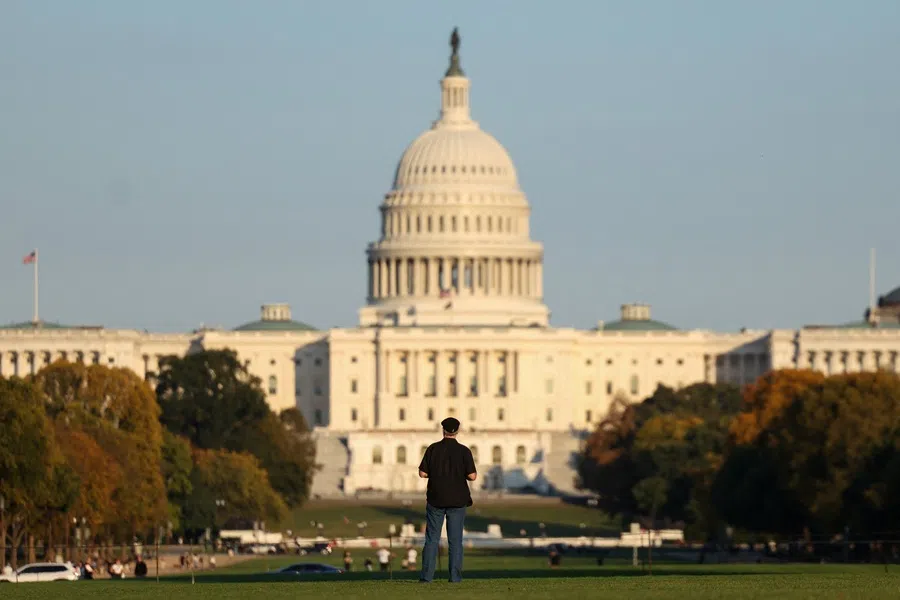
No reminder was needed of his track record; in 2017, during his first presidency, he authorised the use of the “Mother of All Bombs” (MOAB), the most powerful non-nuclear weapon in the US arsenal, a 9,600-kilogram ordnance unleashed on Afghanistan’s eastern mountain tunnels near the Pakistani border.
Also, the Taliban’s response to Trump was unequivocal: they will not tolerate any form of foreign military intervention, a red line that underpins both their return to power and their grip on popular support.
The multiple layers of uncertainty emerging from Afghanistan, from border clashes with Pakistan to India’s realpolitik-driven détente and Trump’s renewed push to reestablish a US foothold, are complicating China’s BRI’s development.
While Trump has insisted that Bagram has fallen under Chinese military control, a claim denied by Afghan authorities, Beijing replied that it ‘’will firmly oppose any actions that undermine its national sovereignty and security under any pretext’’ and will closely monitor developments to safeguard its legitimate security interests.
More US involvement?
While the return of US military personnel in norther Afghanistan remains highly unlikely, even the suggestion amplifies geopolitical noise and compounds the sense of volatility sweeping the region.
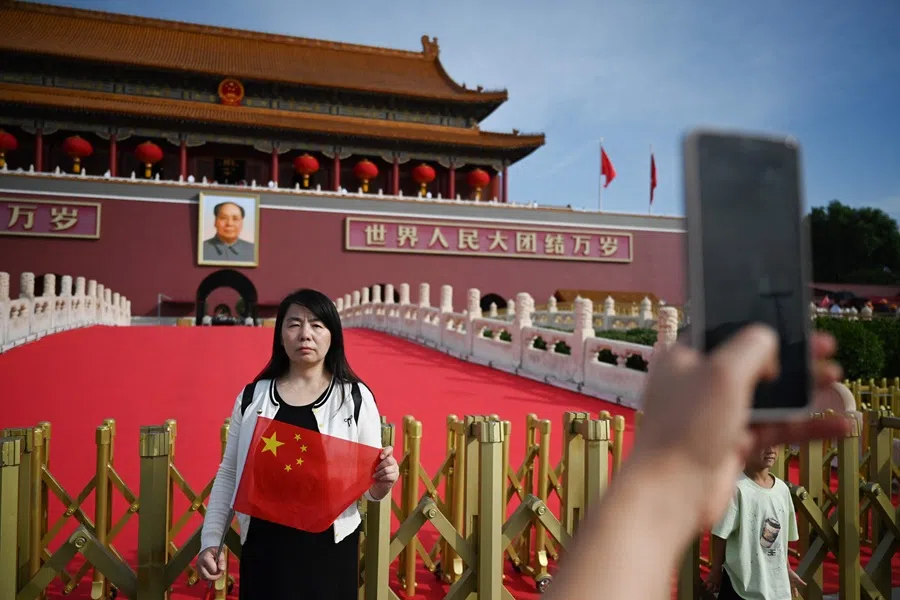
At the same time, the boots on the ground may not need to wear US Army uniforms. Erik Prince, the founder of the notorious private military company Blackwater and a close confidant of the president, has been advocating the deployment of security contractors and privately operated drones across the region for years. The return of private contractors to Bagram could offer Washington plausible deniability while allowing the Taliban to save face, preserving their claim that Afghanistan remains free of formal foreign troops.
The multiple layers of uncertainty emerging from Afghanistan, from border clashes with Pakistan to India’s realpolitik-driven détente and Trump’s renewed push to reestablish a US foothold, are complicating China’s BRI’s development.
Afghanistan, Pakistan, and Central Asia, are critical to China’s long-term economic ambitions and the region has become once again a pivotal arena for Beijing to expand regional influence and safeguard its economic and security interests, but nowhere does the old creed “the enemy of my enemy is my friend” breathe quite as hard as it does in Afghanistan.

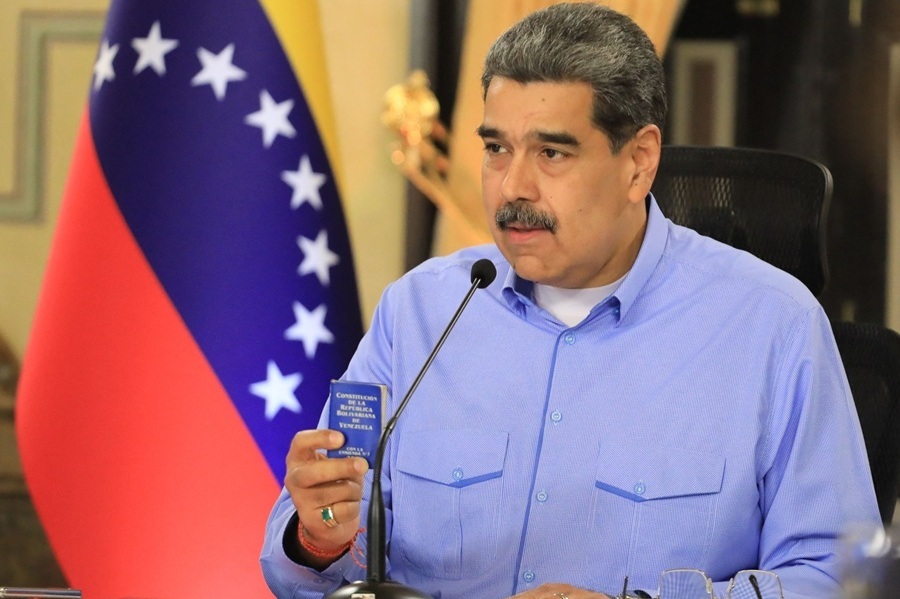
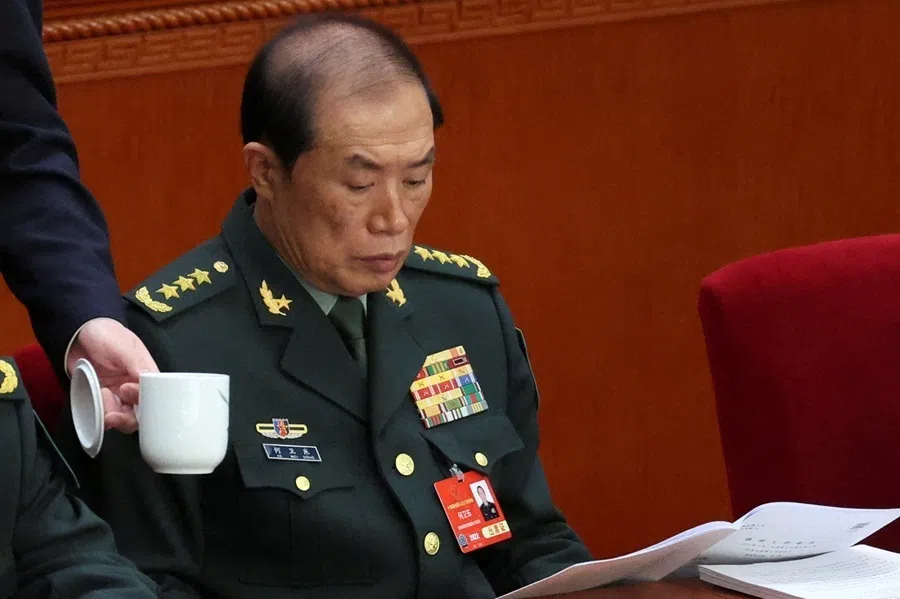
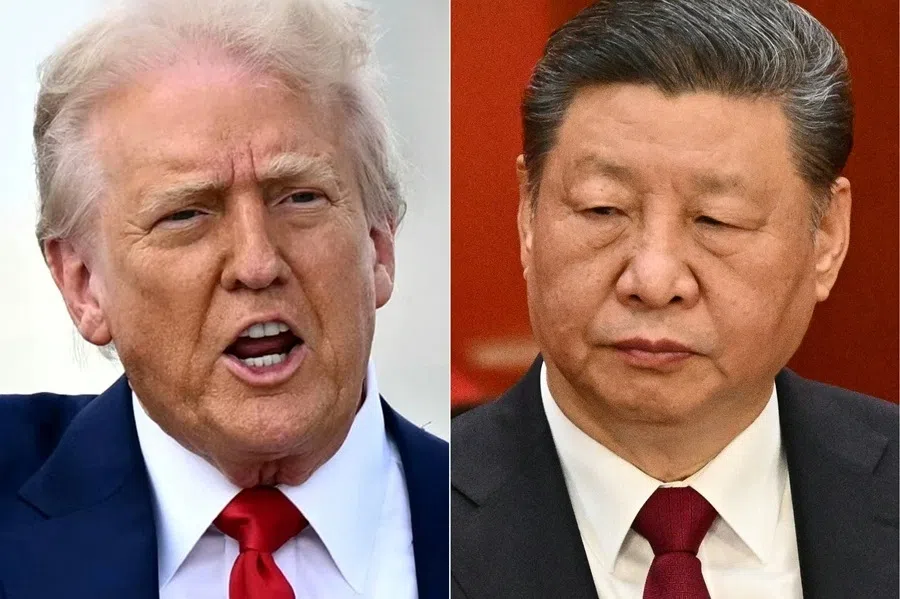
![[Big read] Prayers and packed bags: How China’s youth are navigating a jobless future](https://cassette.sphdigital.com.sg/image/thinkchina/16c6d4d5346edf02a0455054f2f7c9bf5e238af6a1cc83d5c052e875fe301fc7)
